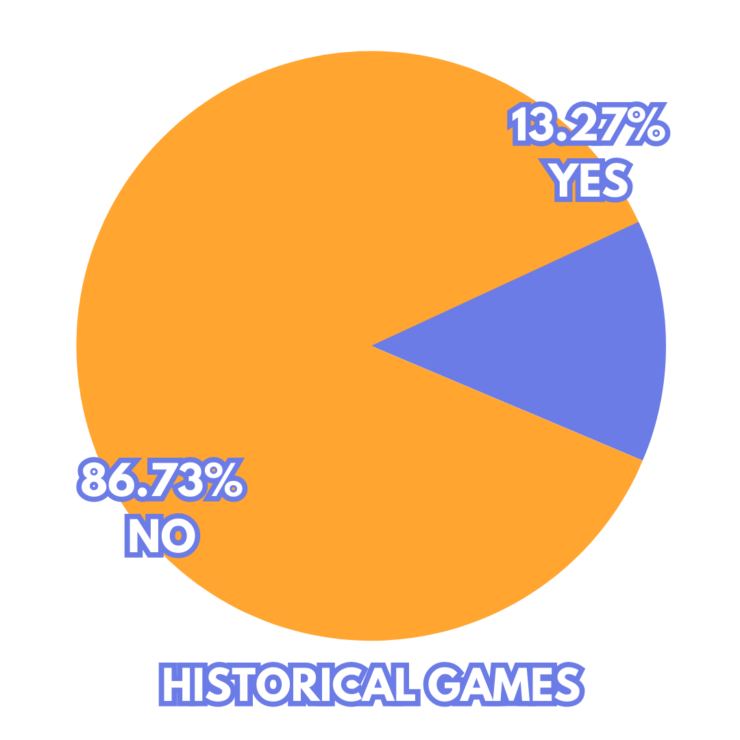
Why Classic Video Games Are Becoming an Endangered Species in the Commercial Market

A recent study suggests that a significant portion of beloved classic video games, which hold nostalgic value, are not commercially accessible and face the risk of being lost forever
A study compared classic games to silent movies and discovered that only a small number of titles are commercially accessible. While services like Xbox Game Pass and Nintendo Switch Online have revived many previous-generation games, there is concern that only a limited selection of titles are currently available in the market.
Certain players maintain their nostalgia through traditional methods. One gamer inherited their grandfather's collection of NES and Sega video games. The NES was extremely popular in the 1980s, while the Genesis dominated the early 1990s. Considering the significant time that has passed since then, it may be challenging to find physical copies of these titles in today's era. Some of the titles discovered are exclusive and cannot be found anywhere else, such as NBA Jam.
According to a study conducted by the Video Game History Foundation, a mere 13% of games created prior to 2010 can be obtained legally on various platforms. This alarming statistic implies that a staggering 87% of video game collections are at serious risk of extinction if not adequately preserved. The accompanying charts provide a visual representation of the current availability of these games and categorize them by the decades in which they were released.
The Video Game History Foundation aims to create a comprehensive archive or library that allows individuals to delve into, investigate, and experience classic video games, much like how books, films, and albums are enjoyed. However, the current obstacle preventing this endeavor from being realized is the presence of outdated copyright laws. While games developed by first-party providers such as Nintendo can easily be adapted to run on modern consoles, smaller non-AAA titles and third-party releases may not receive adequate support and could potentially vanish forever.
Currently, only major publishers have the privilege of re-releasing games in the modern era. One such example is Atari, with its Atari 50: The Anniversary Collection, which can be played on both current and previous-generation consoles. Given Atari's significant impact on gaming history, they have the resources to undertake such endeavors. However, smaller developers, one-hit wonders, and now-defunct companies that have made little impact on the industry may find it challenging.
A prime example of this can be found in the Super Nintendo library. The SNES was renowned for its extensive collection of exceptional RPGs, like Robotrek or Illusion of Gaia. Unfortunately, these titles no longer receive the support they once enjoyed and cannot be easily purchased, unless enthusiasts are willing to scour thrift shops and used video game stores. It is distressing to think that less than a fifth of all games ever created cannot be found anywhere anymore. Hopefully, the Video Game History Foundation can discover a solution that benefits gaming historians and enables the preservation of great titles produced by these companies, ensuring their availability for future generations.
Source: GameHistory








